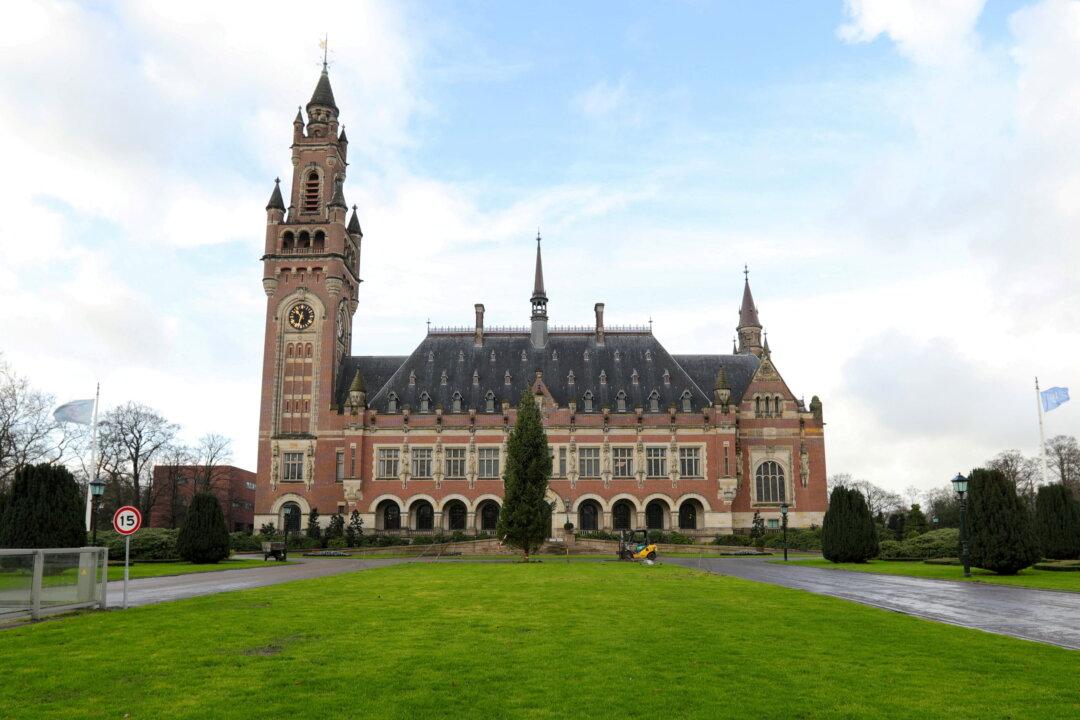As the recent media exposure of the Chinese regime setting up illegal police stations outside China shocked the world, Wang Jingyu, a 20-year-old Chinese rights activist, told The Epoch Times that the CCP has committed more outrageous acts than that.
Wang, who currently lives in the Netherlands, spoke to The Epoch Times on Oct. 30, and recounted the horrible experience he had in a CCP black jail in Dubai. He then described being intimidated by a suspected Chinese diplomat who broke into his home, wielding a knife.





